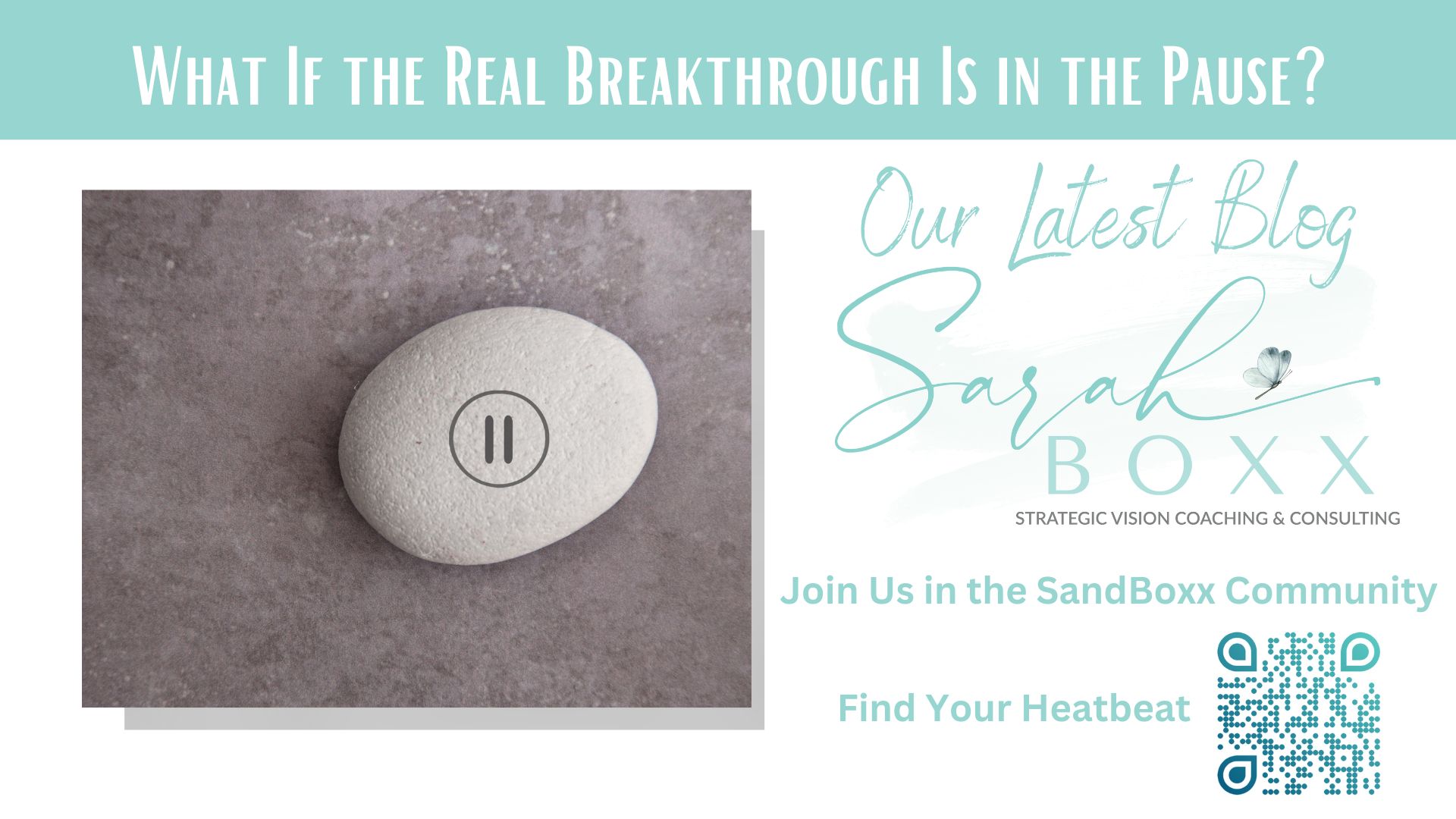There is power in knowing your strengths.
I consider being able to identify and clearly articulate your strengths to be essential knowledge for all people. Self-inquiry 101.
If put to good use, this knowledge will enable you to be more effective and productive in pretty much every facet of life. Simply put, if you know your strengths, you can use your strengths.
In my recent blog post, How Well Do You Really Know Yourself? I discuss the importance of using self-assessments in building your self-knowledge. One critical component of this self-knowledge is (obviously) a deep understanding of your strengths.
When it comes to self-assessments, you’ll be hard-pressed to find a better tool for strengths identification than the CliftonStrengths Assessment (formerly known as StrengthsFinder.)
I mean come on, the purpose is in the title.
CliftonStrengths was developed by World War II pilot Don Clifton. After his years spent fighting in the war, Clifton had a strong desire to study human development and hopefully make a positive impact on the world.
As he began studying human psychology, Don Clifton noticed a pattern throughout most of the psychological research of that time: Everything was focused primarily on what was wrong with people, rather than what was right with them.
Don Clifton developed the CliftonStrengths Assessment in an effort to do the opposite. He wanted to help people understand their strengths, rather than solely focusing on their weaknesses.
Sounds like a good idea to me!
How Does It Work?
The CliftonStrengths Assessment is pretty straightforward and easy to use. It involves reading a series of paired statements (ex: I am a logical person v. I am a sensitive person) and choosing to what degree each statement describes you.
According to CliftonStrengths, “This assessment measures your talents, natural patterns of thinking, feeling, and behaving, and categorizes them into the 34 CliftonStrengths themes.”
After completing the survey, you are given a personalized report describing your strengths in detail. Depending on which survey package you purchase, you may be given your Top 5 Strengths, or your full profile with all 34 themes in order of personal significance.
Strengths of This Assessment
One unique characteristic of the CliftonStrengths assessment are the individualized descriptions of each theme. Unlike other assessments which may have a generic description prewritten for each category, CliftonStrengths provides a summary outline exactly how you as an individual may live out or experience a particular theme.
For example, if you receive “FOCUS” as one of your top strengths, your assessment results will include a paragraph detailing how this particular strength is likely lived out and experienced in your life.
I can tell you from personal experience, you’re likely to read those paragraphs and think, “Wow! How do they know me so well?!”
Weaknesses of This Assessment
Like any assessment, CliftonStrengths isn’t perfect. One of the primary complaints voiced by critics of this assessment is that some of the themes appear to be overly simplified or too general. It’s up to the user to use and apply this information within the nuances of everyday life situations.
Using CliftonStrengths
This assessment is designed so it can be used either personally (simply to help you grow in self-knowledge) or within the context of a group or team. If you’ve listened to my podcast, you may have caught my episode with Teri Johnson, a coach and consultant supporting teams in applying CliftonStrengths results in the workplace.
Teri helps organizations utilize their results in a way that maximizes the strengths of each individual and consequently, elevates the effectiveness of the whole team.
Teri generously provided our community with a FREE resource for using strengths in performance reviews. Click HERE to download.
Article was contributed by: Maria Lees, Team Writer with Sarah Boxx




